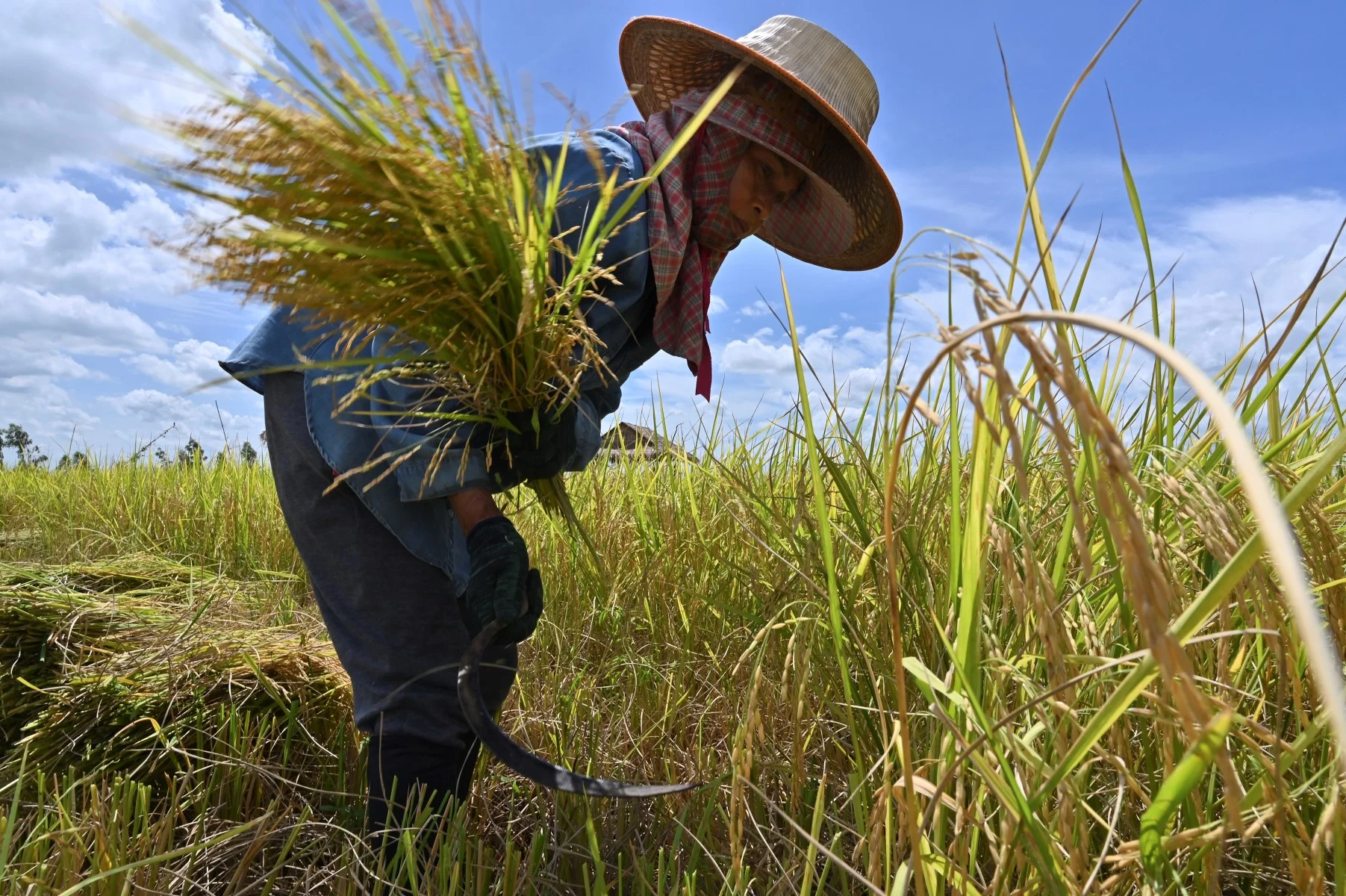Thai govt dives into action: Plans to flood fields with innovation and debt suspension

Plans are underway by the Thai government to accelerate the expansion of water sources and enhance the varieties of rice and other key crops in Thailand. Recommendations have also been made for the proposed debt suspension scheme to operate with conditions.
These suggestions were made by Nipon Puapongsakorn, a distinguished fellow at the Thailand Development Research Institute (TDRI), who highlighted the government’s policy to assist farmers, which includes a specific focus on the debt suspension programme.
“The debt suspension should primarily target households of farmers facing genuine hardship. The assistance should not be extended to those who are not genuinely in need, as the funds used come from taxpayers.”
Nipon proposed that the debt suspension scheme should cover approximately half or two-thirds of farmers’ debt burden.
He further recommended additional programmes to increase income in this area, particularly through collaboration with the private sector.
Highlighting the skills gap, Nipon suggested that the private sector organise its own training programmes, with government support, to equip farmers with modern skills.
Farming strategy
Moreover, Nipon proposed the use of data compiled by companies offering jobs as a resource for farmers and emphasised the need to ensure that this information reaches farmers who may not have online access, reported Bangkok Post.
“In the past, up to 13 debt suspension programmes have been implemented, and when farmers start a new planting season, they often have to borrow again to cover their working capital.”
Nipon also suggested that full debt suspension should be avoided and incentives for debt repayment should be introduced. He also emphasised the need to increase research and development funding for rice varieties, suggesting that it could be increased to 1-1.5% of rice GDP, which could be more beneficial for farmers.
Nipon also proposed a major reform in Thailand’s agricultural research system, establishing an independent organisation that works as a large team in various areas, such as market-oriented research for rice. He also highlighted the need to invest in new biotechnology tools and update the agricultural curriculum in universities to align with modern practices.
Chookiat Ophaswongse, an honorary president of the Thai Rice Exporters Association, stressed the need to reduce production costs and improve infrastructure.
He suggested that the proportion of rice cultivation in irrigated areas should be increased to 30-35%, which could be achieved through the development of reservoirs, canals for water distribution, and the promotion of irrigation.
Pramote Charoensilp, president of the Thai Agriculturist Association, announced that his association is preparing a letter to request a meeting with the prime minister and ministers of commerce and agriculture and cooperatives to discuss seven key aid measures to farmers.
These include preparations for water management, debt suspension proposals, reduction of production costs, support for farmers, and monthly assistance for farmers aged 60 and above.
Follow more of The Thaiger’s latest stories on our new Facebook page HERE.
Latest Thailand News
Follow The Thaiger on Google News:


























